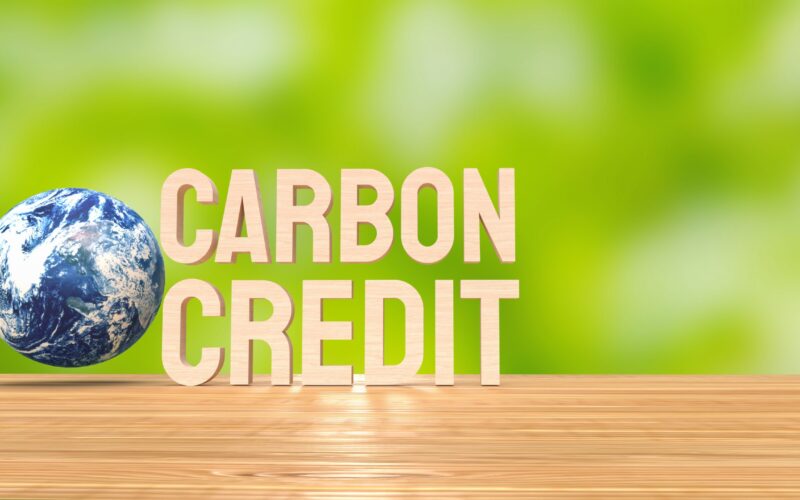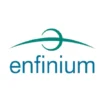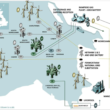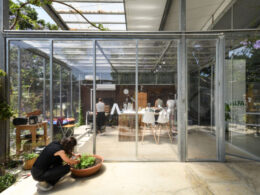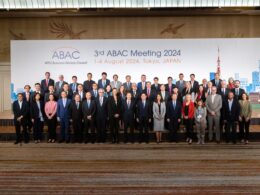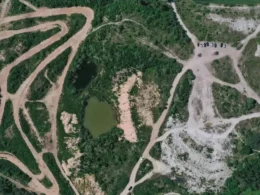Temasek-owned investment firm GenZero announced it is reviewing its involvement in a Southeast Asian carbon credit programme following fraud charges filed against a senior figure behind the initiative. On 2nd October, former C-Quest Capital (CQC) CEO Kenneth Newcombe, who stepped down in February, was indicted in New York on wire fraud and securities and commodities fraud charges.
Under Newcombe’s leadership, CQC expanded its programme in 2021, distributing more efficient cookstoves in Africa and Asia that burn less fuel and produce lower emissions. Carbon credits were issued for each tonne of carbon dioxide (CO2) emissions avoided. However, Newcombe and some former colleagues have been accused of inflating the emissions reductions and misleading investors, further tarnishing the global voluntary carbon market.
Others facing charges include Tridip Goswami, former head of CQC’s carbon accounting team, and Jason Steele, former chief operating officer. Newcombe, a pioneer of the carbon credit market, denies any wrongdoing, according to Bloomberg.
GenZero, a partner in CQC’s Southeast Asia Clean Cookstove Programme, stated it is assessing the impact of these allegations on the programme’s integrity and outcomes. “We take allegations of wrongdoing by our programme partners seriously, particularly when they impact the credibility of carbon markets,” the company said in a statement to a media house on 3rd October.
In 2022, GenZero and Pavilion Energy, a former Temasek subsidiary, invested US$14 million in the cookstove programme. Pavilion Energy has since exited the project and declined further comment.
The US Attorney’s Office for the Southern District of New York accused Newcombe and his co-defendants of fraudulently obtaining carbon credits worth tens of millions of dollars and securing over US$100 million in investment by manipulating data to overstate emissions reductions. The defendants allegedly made it appear as though certain cookstove projects were more successful in cutting emissions than they actually were, misleading both investors and the carbon credit standards body, Verra.
Verra, the nonprofit that vets voluntary carbon credit projects, was reportedly “tricked” into issuing credits based on inflated data. Following the CQC’s internal investigation, Verra suspended 27 CQC projects, most of which were cookstove initiatives, and launched a review. CQC has since begun canceling any over-issued credits and is updating its processes to meet ethical standards.
The Southeast Asia cookstove programme included projects in Cambodia, Laos, Thailand, and Vietnam. CQC had aimed to deploy clean cookstoves to 650,000 rural households, with the potential to expand to one million. All four projects were verified and registered under Verra.
While the global voluntary carbon market has faced scrutiny over the issuance of excess credits, experts emphasize that many carbon projects, including cookstove initiatives, provide tangible benefits to the climate and local communities. Donna Lee, co-founder of carbon credit project ratings firm Calyx Global, noted that fraudulent activities are rare and that many projects legitimately contribute to carbon mitigation and public health.
GenZero reaffirmed its commitment to enhancing transparency and governance in the voluntary carbon market and said, “Stronger governance, enhanced transparency and clearer guardrails will drive progress and greater confidence in the integrity of the voluntary carbon market.”















